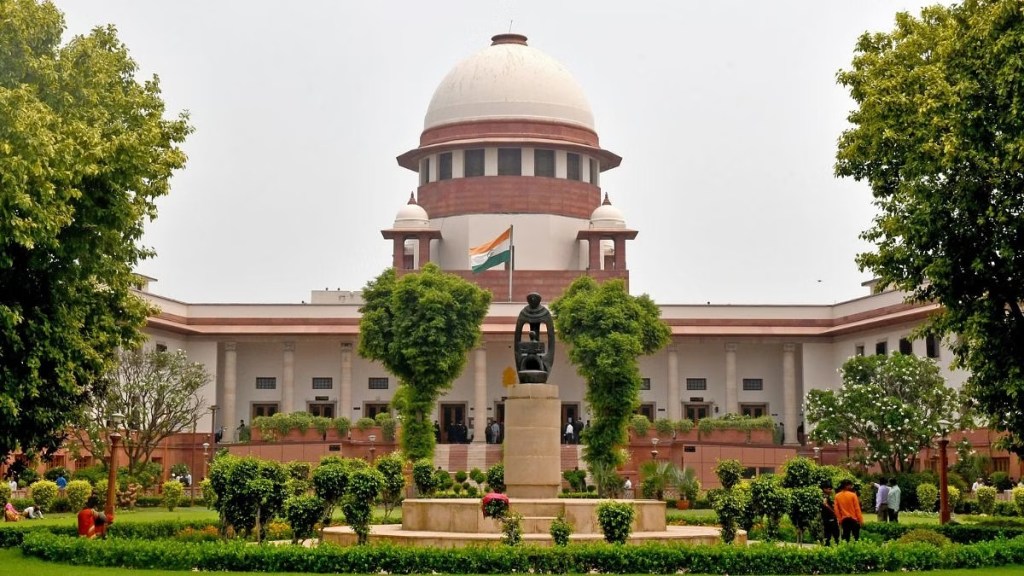The Supreme Court dismissed a batch of petitions seeking review of its December 11, 2023, verdict that unanimously upheld the Centre’s 2019 decision to abrogate provisions of Article 370 bestowing special status to the erstwhile state of Jammu and Kashmir.
Last December, the bench in three separate but concurring judgments, ordered restoration of statehood “at the earliest”, set a September 30, 2024 deadline for holding Assembly elections in the Union Territory of J&K and also upheld the validity of the Centre’s decision to carve out the Union Territory of Ladakh from the erstwhile state and end J&K’s special status by abrogating Article 370.
A five-judge bench headed by Chief Justice D Y Chandrachud considered the pleas in chambers and dismissed applications for listing of the review petition in open Court.
“Having perused the review petitions, there is no error apparent on the face of the record. No case for review under Order XLVII, Rule 1 of the Supreme Court Rules 2013. The review petitions are, therefore, dismissed,” a bench, headed by CJI DY Chandrachud, said in its May 1 order.
The bench also comprised justices Sanjiv Khanna, B R Gavai, Surya Kant and A S Bopanna.
The top court bench also rejected permission to appear and argue in person, a request made by various petitioners, PTI reported.
Also Read: Was Article 370 abrogation in Jammu and Kashmir unconstitutional? Supreme Court verdict on Monday
The review petitions were filed by Awami National Conference, Jammu and Kashmir People Democratic Party, CPI(M) leader Mohammed Yousuf Tarigami, Jammu and Kashmir High Court Bar Association and lawyer Muzaffar Iqbal Khan.
Holding that Article 370, which was incorporated in the Indian Constitution in 1949 to grant special status to J&K, was a temporary provision, a five-judge Constitution bench, in December, headed by CJI said the President of India was empowered to revoke the measure in the absence of the Constituent Assembly of the erstwhile state whose term expired in 1957.
The top court had said the erstwhile state of J&K does not retain any “element of sovereignty” after the execution of the Instrument of Accession and the issuance of the proclamation dated November 25, 1949, by which the Constitution of India was adopted. It also held that Article 370 was a feature of “asymmetric federalism and not sovereignty”.
Also Read: ‘Criticising scrapping of Article 370 not an offence’: SC quashes FIR against Maharashtra professor
On the reorganisation of the state into the Union Territories of J&K and Ladakh in 2019, the bench rejected the argument that the Bill for this under Article 3 could have been introduced only with the consent of the state legislature, saying it had, in a previous case, held that such recommendation of the state legislature is only recommendatory and not binding on Parliament.
(With inputs from PTI)

